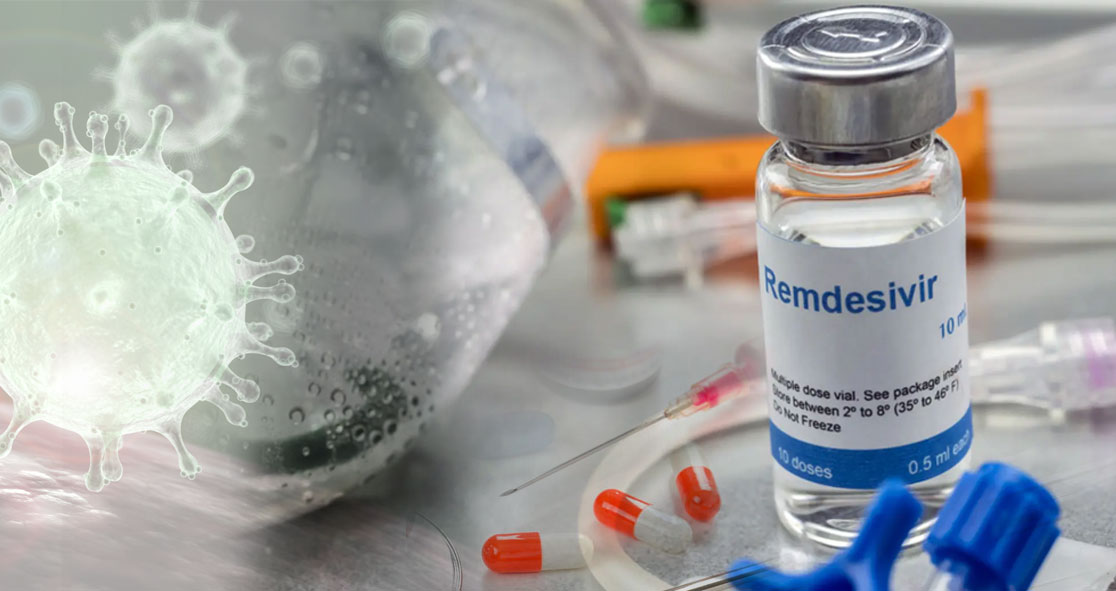Researchers at the National Institute of Allergy and Infectious Diseases (NIAID) are conducting a randomized controlled trial to test the safety and efficacy of remdesivir and interferon beta-1a (Rebif), a multiple sclerosis (MS) drug, in patients with COVID-19.
The Adaptive COVID-19 Treatment Trial 3 (ACTT-3) trial aims to enroll over 1000 hospitalized COVID-19 patients in up to 100 medical centers in the United States and other nations.
ACTT-1 found that hospitalized COVID-19 patients who received remdesivir for 10 days had a significantly shorter recovery time than those who received a placebo.
The results of ACTT-1, published in The New England Journal of Medicine, prompted the Food and Drug Administration (FDA) to issue an Emergency Use Authorization (EUA) for remdesivir for patients with serious COVID-19 infection.
Now, NIAID researchers are examining a combination of remdesivir and Rebif to treat COVID-19 infection.
Rebif has both antiviral and anti-inflammatory effects, and it has been found to inhibit coronaviruses, including SARS and MERS.
In ACTT-3, the researchers are assigning patients with lab-confirmed COVID-19 infection with lung involvement, requiring supplemental oxygen and mechanical ventilation.
The participants are randomly assigned to receive standard doses of remdesivir and either Rebif or a placebo. The researchers will evaluate the recovery time.
The results of ACTT-3 are expected in October. More information on ACTT-3 trials is available online.
Meanwhile, the researchers are evaluating the safety and efficacy of ACTT-2, which got underway on May 8. The ACTT-2 included testing of remdesivir and baricitinib (Olumiant), an anti-inflammatory drug, for hospitalized COVID-19 patients. Patient enrollment for the ACTT-2 trial closed on June 30. The trial enrolled 1034 patients at 71 centers in the US and other nations.























